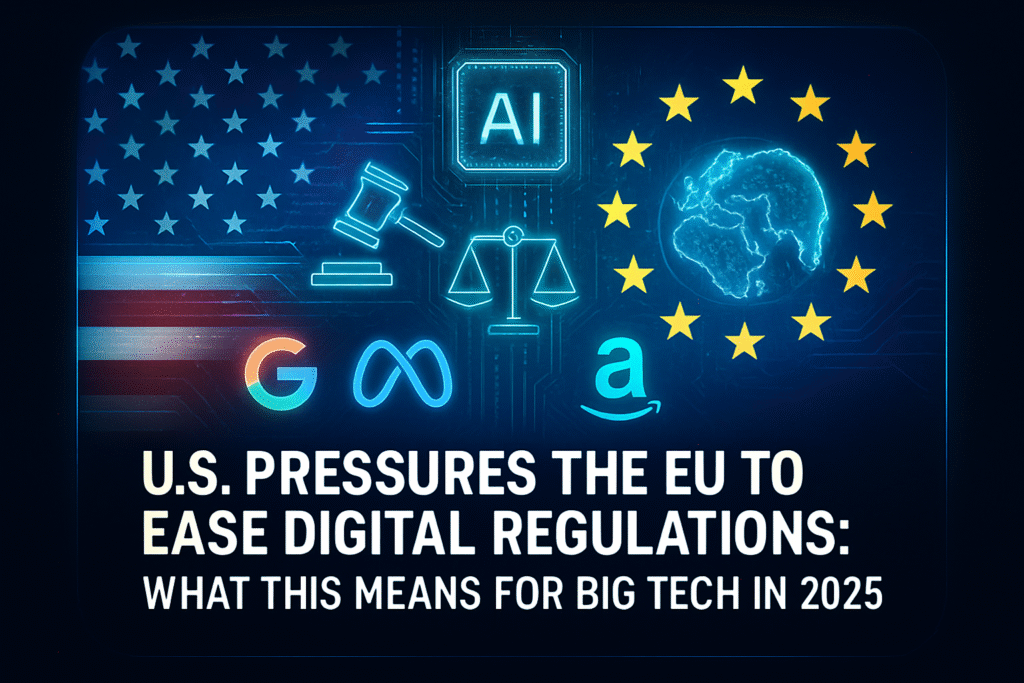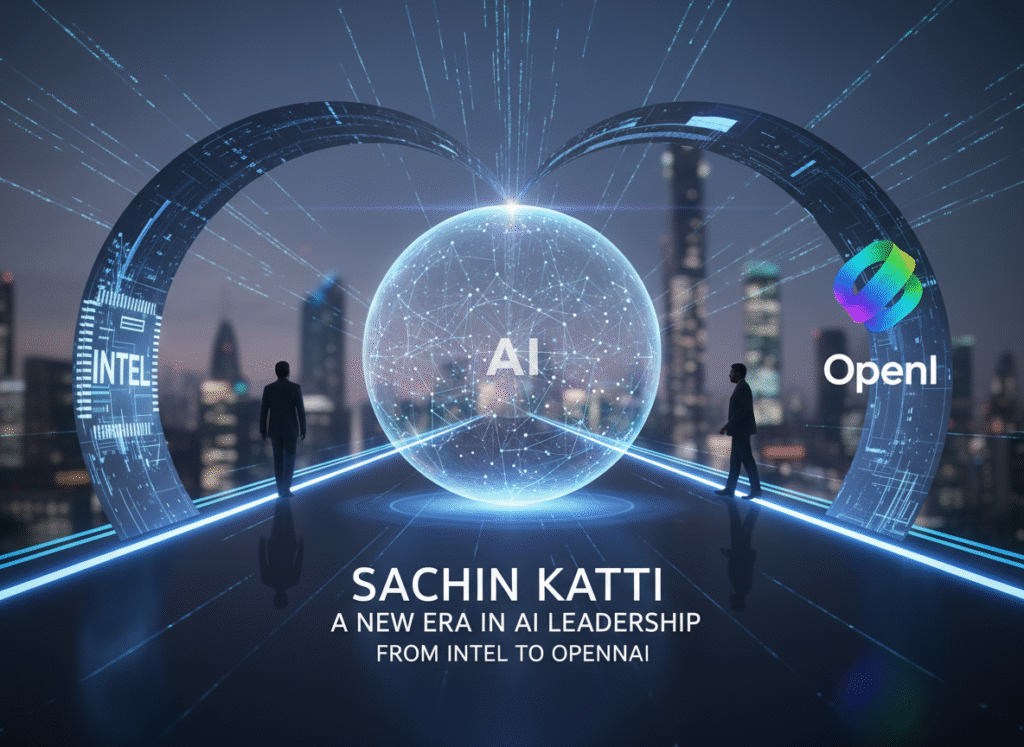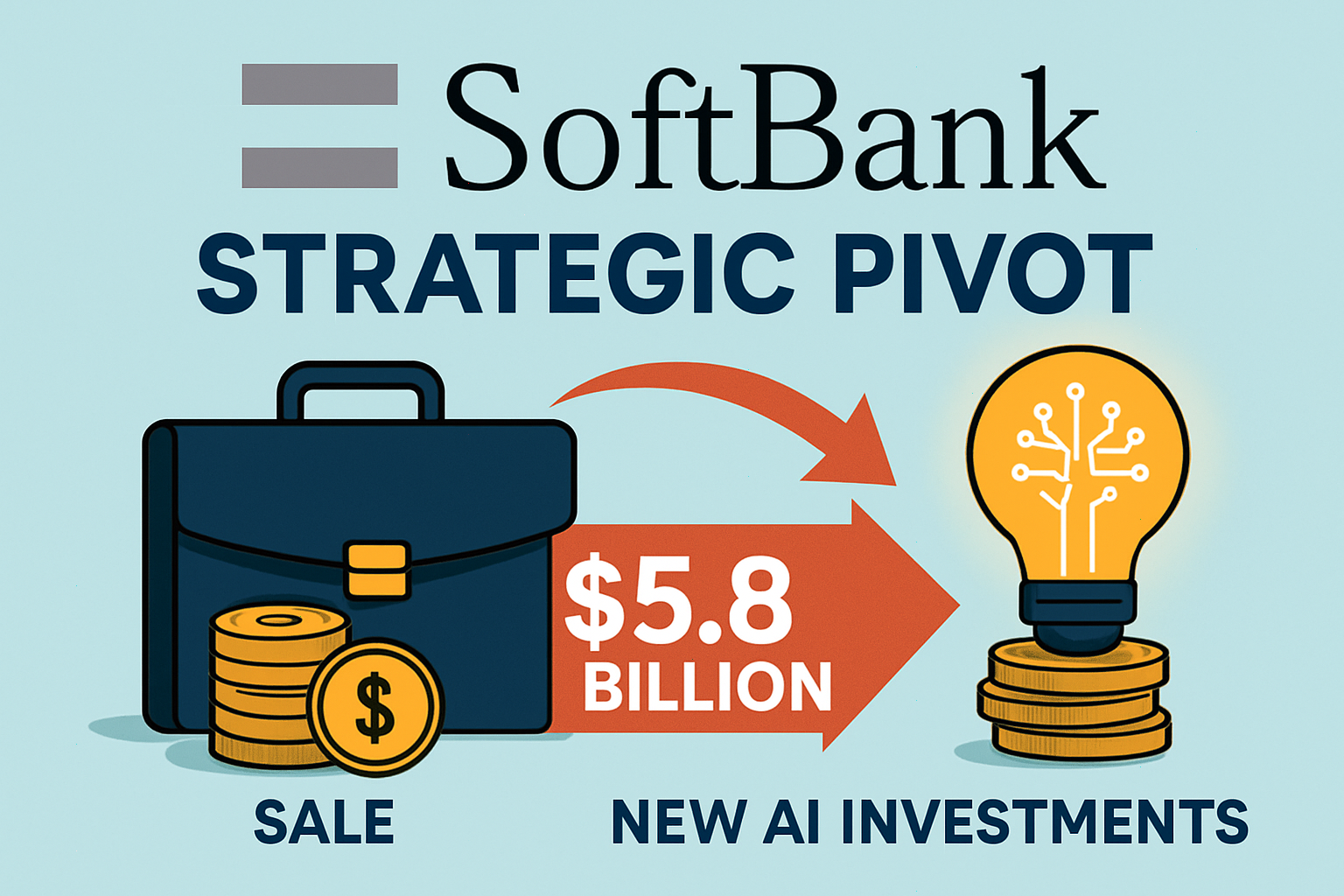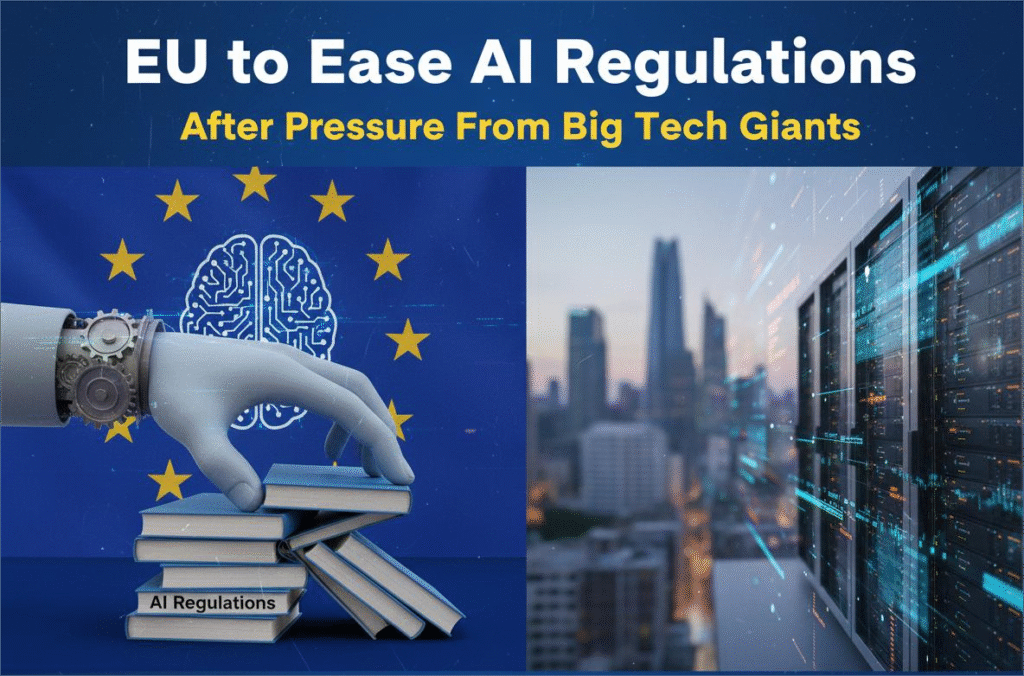
South Korea has taken a bold step toward regulating one of the most concerning byproducts of artificial intelligence—deepfakes. As synthetic media becomes increasingly realistic and accessible, the need for regulatory oversight has become more urgent. In a groundbreaking move, South Korea’s National Assembly has passed a new law aimed at preventing the misuse of deepfake technologies, making it one of the first countries in Asia to implement such targeted legislation.
This article explores the background of deepfakes, details of the new law, implications for tech companies and AI developers, as well as the potential global ripple effects of South Korea’s initiative.
What Are Deepfakes?
Deepfakes are synthetic media in which a person in an existing image or video is replaced with someone else’s likeness using artificial intelligence techniques, particularly deep learning. They have gained notoriety for being used in:
- Political misinformation
- Celebrity pornographic videos
- Identity theft
- Fake news
- Cyberbullying and blackmail
Initially seen as experimental AI projects, deepfakes have now evolved into tools with both positive potential (e.g., entertainment, education) and deeply troubling applications.
The Rise of Deepfake Misuse in South Korea
South Korea has witnessed a disturbing increase in non-consensual deepfake content, especially involving women and K-pop idols. According to a report by the Korean National Police Agency, the number of reported deepfake-related crimes has surged over the past three years, with many incidents involving pornographic deepfakes shared on social media or illicit platforms.
This spike in abuse has put enormous pressure on the government to act, especially as deepfake creation tools have become more accessible—even to non-technical users.
The New Deepfake Regulation Law: Key Features
The new South Korean law was passed in July 2025 and is officially titled the “Deepfake Prevention and Protection Act”. Here are the key components:
1. Criminalization of Non-consensual Deepfakes
- Producing, distributing, or possessing deepfake content without the subject’s consent—particularly for sexual or defamatory purposes—is now a criminal offense.
- Violators can face up to 7 years in prison and substantial fines.
2. Mandatory Disclosure Requirements
- Platforms hosting AI-generated content must label and disclose whether content has been synthetically altered or generated.
- This applies to video-sharing sites, AI platforms, and even social media networks.
3. Age Restrictions for Deepfake Tools
- Users under the age of 19 are prohibited from accessing certain deepfake-generating software tools unless under supervision or educational use.
4. Platform Accountability
- Tech companies and content platforms operating in South Korea must detect and remove illegal deepfake content within 24 hours of notification.
- Failure to comply can lead to heavy penalties or even suspension of services.
5. Victim Support and Reporting System
- A national reporting center for deepfake-related crimes will be established.
- Victims will have access to legal support, mental health counseling, and assistance in removing illicit content.
Why This Law Is a Global Milestone
South Korea’s regulation is significant not just domestically but internationally. Here’s why:
Global Firsts
- One of the first national-level laws explicitly targeting deepfake misuse.
- Establishes a clear legal framework for emerging AI content ethics, unlike broader AI laws seen in the EU or U.S.
Model for Other Nations
- Countries like Japan, the United States, and EU members are already watching closely. The law could serve as a template for future legislation elsewhere.
Boost for Digital Ethics
- The law promotes responsible AI usage, forcing developers to consider the ethical implications of their tools.
Challenges and Concerns
While the law is a major leap forward, it’s not without controversy or potential issues.
1. Freedom of Expression
Some critics argue the law could be used to censor satire, parody, or political commentary, especially if enforcement is too strict or vague.
2. Technological Limitations
Even with legal mandates, platforms may struggle to detect and remove all deepfake content. Detection tools are still imperfect and prone to false positives/negatives.
3. Overreach on Developers
AI tool creators fear that the law may stifle innovation, especially if companies are held liable for how their tools are used by others.
4. Jurisdictional Gaps
If deepfakes are generated outside South Korea and hosted on foreign servers, enforcement may become complex and ineffective.
The Role of Tech Companies
The new law places significant responsibility on tech platforms. Here’s how major players are expected to respond:
Naver and Kakao (Local Giants)
- Will likely update content moderation policies and enhance reporting tools.
- May introduce watermarking technology for user-uploaded videos.
Global Platforms (YouTube, TikTok, X, Meta)
- Need to comply with local regulations or risk being penalized or banned in South Korea.
- May consider regional moderation policies specific to South Korean users.
AI Startups and Toolmakers
- Must add age verification, usage disclaimers, and automatic detection systems.
- Opportunity to innovate in ethical AI design and trust-based algorithms.
What This Means for AI Development and Regulation
South Korea’s law adds momentum to a global shift toward AI accountability and safety. It forces the tech industry to confront the real-world consequences of AI tools, not just their technical performance.
We may soon see:
- More countries drafting deepfake-specific laws
- International cooperation on AI misuse enforcement
- Increased demand for AI auditing tools and synthetic content detectors
Final Thoughts
South Korea’s new deepfake regulation marks a historic shift in the governance of artificial intelligence. By targeting a very specific and harmful use case, the law not only protects its citizens but also sets a precedent for the ethical use of emerging technologies worldwide.As AI continues to evolve, countries must balance innovation with protection. South Korea’s law is a compelling example of how technology, ethics, and legislation can intersect for the public good.





